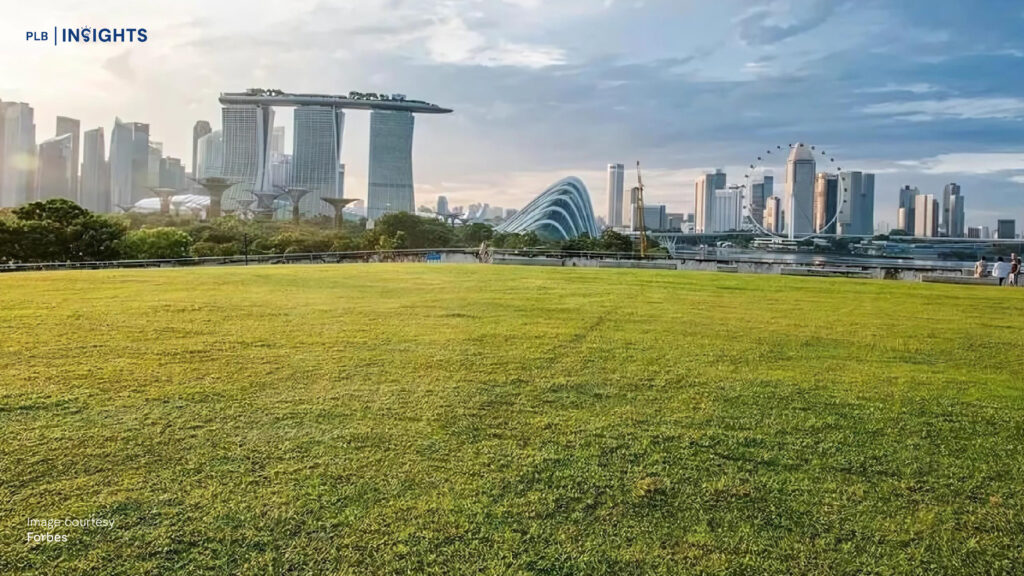
In a city where land is seen as a precious commodity, buying vacant land is more than just a financial consideration, it is a strategic investment for the future. Vacant land ownership presents buyers with a myriad of opportunities for growth and success, however, it is not without its challenges.
In this article, we will explore the long-term benefits and risks of investing in vacant land in Singapore and equip potential buyers with knowledge to navigate the property market and factors to consider before making a significant commitment to an investment.
Vacant Land In Singapore
Vacant land refers to pieces of land that are not currently occupied by any structures or buildings. This type of land is typically underdeveloped or undeveloped and provides a blank canvas for potential development – be it industrial, residential or commercial zoning. Vacant land in Singapore can vary in size, location and zoning designation. With Singapore’s limited land supply, population density, and growing economy, the value of land has and continues to have a substantial potential for appreciation.
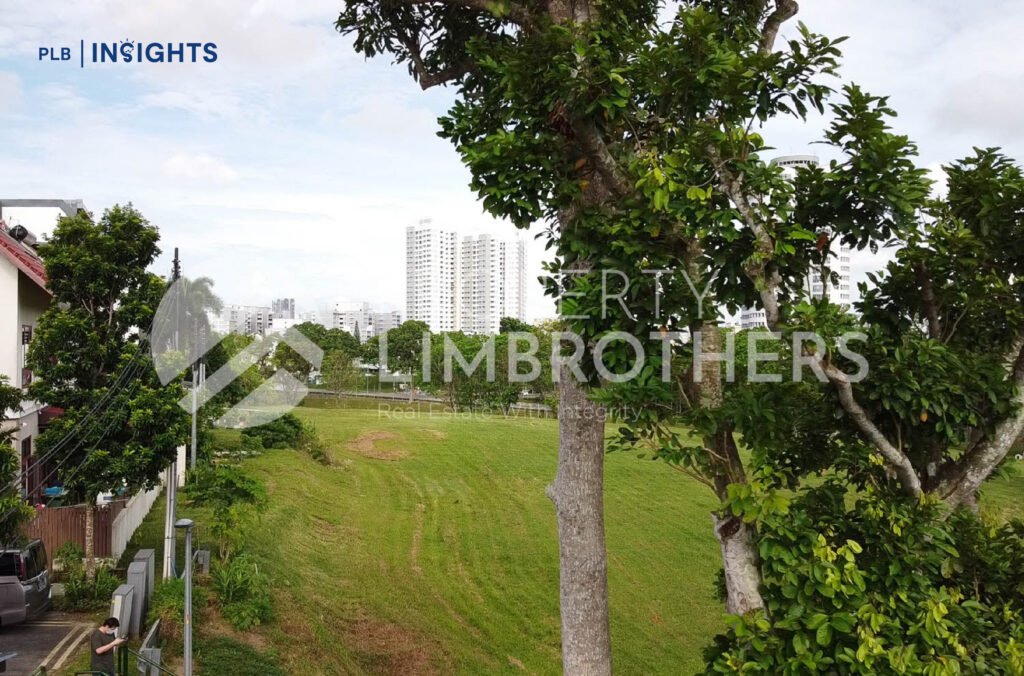
Government Policies Affecting Land Use
The government plays a crucial role in managing land through various policies issued by different authorities such as the Housing and Development Board (HDB), the Urban Redevelopment Authority (URA), and the Singapore Land Authority (SLA).
Some key policies include zoning regulations, land sales and development control.
Zoning Regulations
Zoning regulations dictate how the land can be used, whether it is for residential, commercial, or industrial purposes. Moreover, these regulations are designed to ensure that urban development is orderly. The URA has a list of 31 types of zoning laws that must be followed for the different uses of land.
Government Land Sales (GLS) Programme
The Government Land Sales (GLS) programme releases state land every six months for various types of development projects. It helps meet the demand for land in Singapore and includes vacant land parcels that can be developed for housing, offices, retail, and other uses. Some sites may also be designated for specific projects for public housing and private developments.
Development Control
Regulations and guidelines provided by the URA also govern building height, density, setback, coverage, intensity and other factors to maintain the city’s character and sustainability. Furthermore, the URA provides a comprehensive set of development control guidelines for non-residential land use, detailing various parameters and permissible uses to ensure effective land management and optimal urban planning.
Freehold Vs Leasehold Land
The Government Land Sales (GLS) programme primarily comprises 99-year leasehold land plots. This framework is designed to optimise land use, enabling the government to maintain ownership and effectively manage the nation’s limited land resources. On the other hand, freehold land, which provides owners with perpetual ownership, can only be acquired through en bloc deals, often at a premium due to its scarcity and long-term value. Some developers may also choose to retain freehold land but opt to sell the residential projects they develop on that land as leasehold properties.
Benefits of Owning Vacant Land
Owning vacant land in Singapore can offer investors several long-term benefits, making it an attractive choice for businesses and individuals. Let’s go over some of these benefits.
Development Potential
Whether it is for commercial, industrial or residential purposes, owners of vacant land have the flexibility and opportunities to develop the land according to their vision. Moreover, the government often offers businesses and developers incentives, recognition and support for projects that contribute to improving the overall quality of life in Singapore.
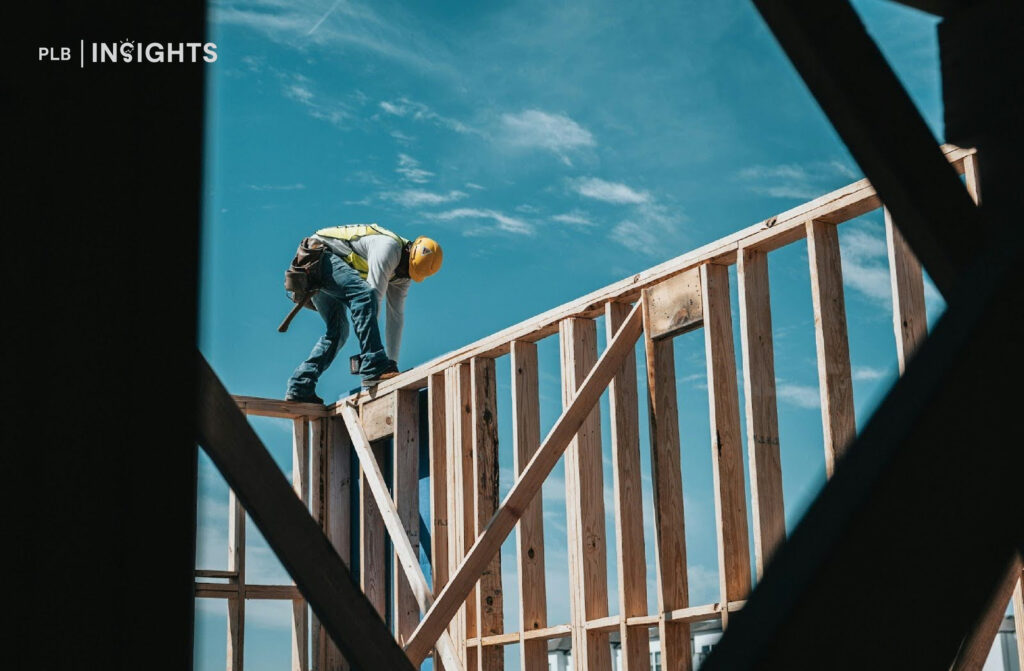
Control Over Property
Another long-term benefit of owning vacant land is that owners have complete control over how the land is used and developed, provided they comply with zoning regulations and other legalities. This allows them to make strategic decisions that align completely with their goals. Moreover, owning vacant land allows for planning for long-term future needs, whether it is for personal use, business expansion, or investment.
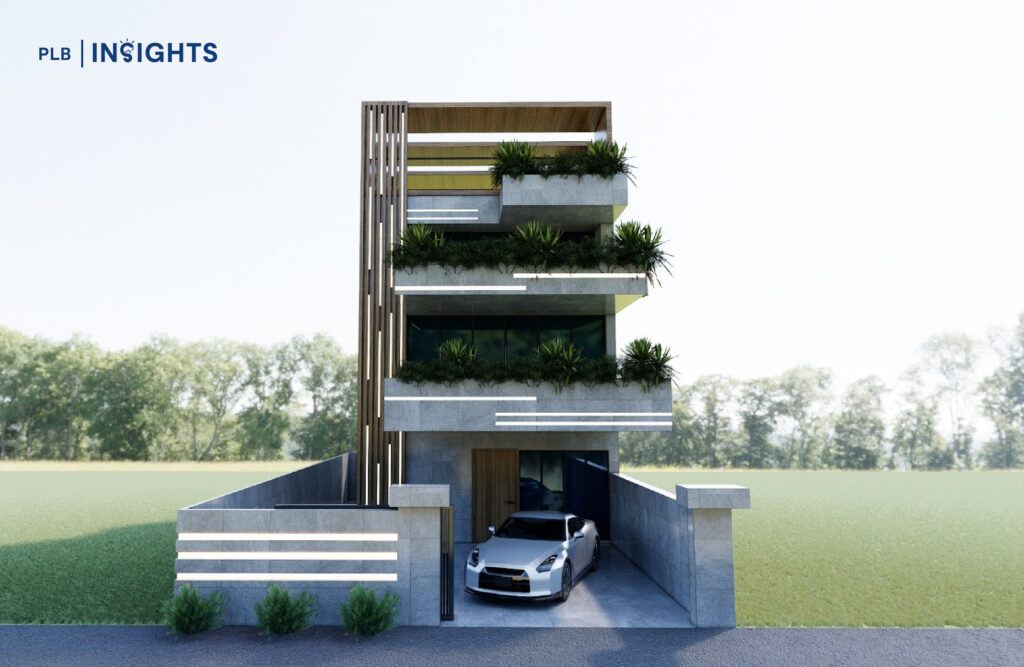
Diverse Investment Portfolio
Alongside the different property types available in the property market, including vacant land in an investment portfolio can provide investors with diversification, allowing them to reduce the overall risk compared to holding only stocks and bonds or one type of property. Additionally, land is a tangible asset that may provide a sense of security in uncertain economic times.

Tax Benefits
Depending on the use of the vacant land plot, owners may qualify for certain tax deductions or remissions in relation to property taxes or developmental expenses. The Inland Revenue Authority of Singapore (IRAS) offers tax reliefs to owners of vacant land plots who wish to construct a home or owners who are demolishing and rebuilding their houses.
The Vacant Land Remission applies to owners of vacant land who are building a home they will later occupy. With this, owners will be taxed at owner-occupier tax rates for the duration of construction, for a maximum of 2 years. With the Building Land Remission, owners can pay a lower property tax on the annual value of the land when they demolish and rebuild their land. Instead of paying the full annual value of their land, they can pay the amount based on the owner-occupier tax rates of their old property on the same land.

Contribution to Community Development
Developing vacant land can contribute to community growth, boost the economy through potential business ventures or expansions, and to overall urban renewal. This is not only beneficial for owners but also enhances the overall quality of life in the area. Landowners can also choose sustainable development practices, which are encouraged by the government, and contribute to environmental conservation and community well-being.
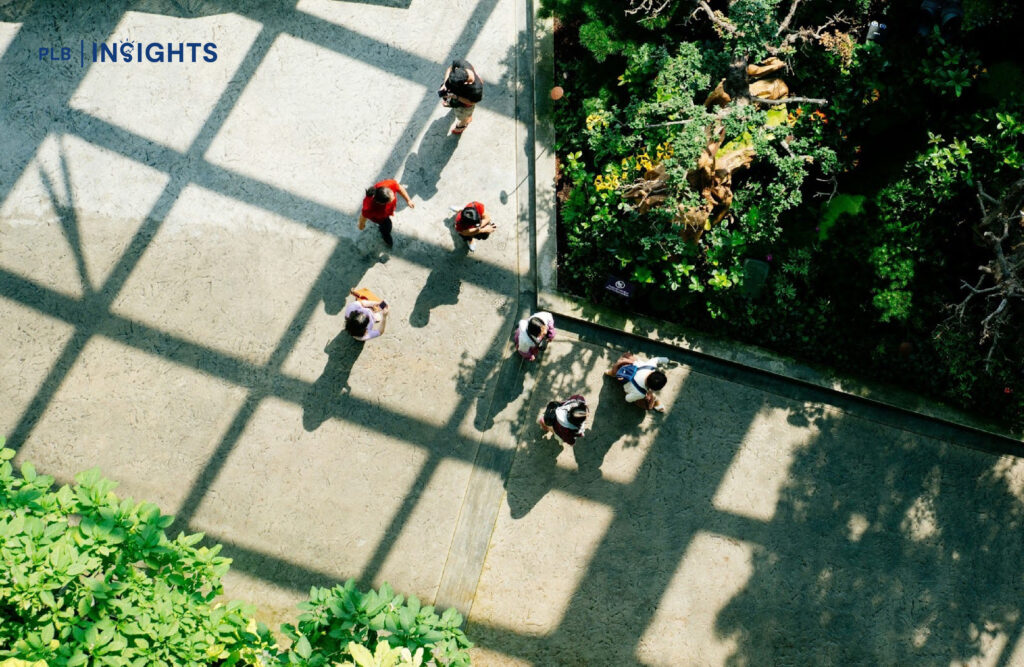
Risks Associated with Vacant Land Ownership
While owning vacant land offers owners several long-term benefits, it is essential to take risks that are associated with owning vacant land in Singapore into consideration.
High Holding Costs
The first long-term risk, or disadvantage, associated with owning vacant land is the high holding costs.
Owners have to pay property taxes on vacant land, which can accumulate over time to a large amount. Moreover, as land value increases, the associated tax expenses may also increase. Additionally, even if the land remains vacant, there may be ongoing maintenance responsibilities that can increase the cost of holding the plot of land. These can include duties such as clearing vegetation, managing drainage and continuing to ensure compliance with regulations.
Economic Factors
The real estate market in Singapore can experience fluctuations from time to time due to economic cycles, changes in government policies, and shifts in demand and supply. These shifts can also lead to periods where land values increase and decrease, impacting investment returns and resale values.
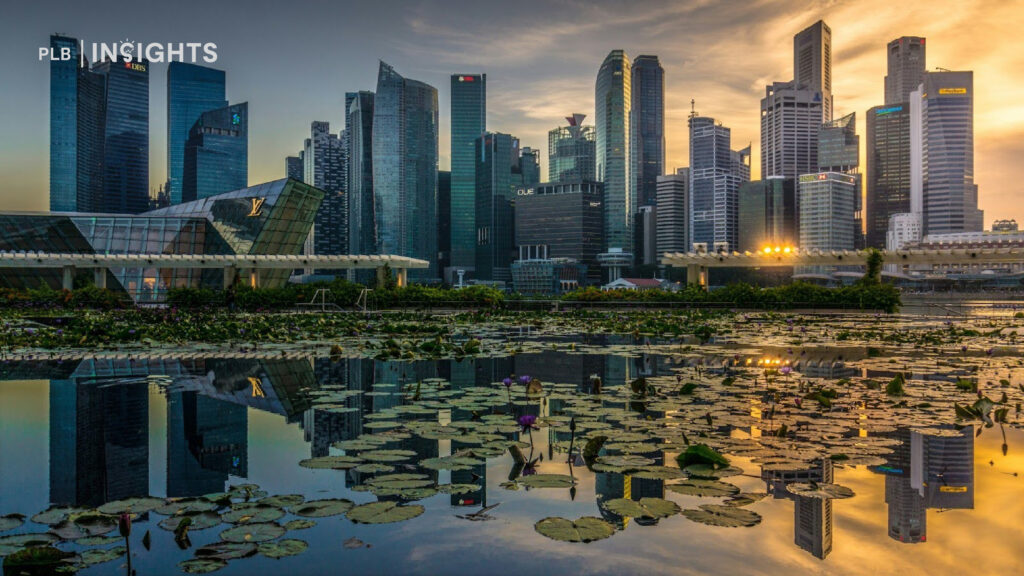
Development Risks
Owning vacant land with plans to develop the land brings in unforeseen construction costs as a result of inflation, increases in the prices of materials, labour shortages, and even accidents throughout the process. This can have a significant impact on returns on investments. Moreover, owners do not always have the guarantee of attracting buyers to their property after development due to changes in market conditions or consumer preferences. As such, it is crucial to implement necessary risk management strategies such as collaborating with experienced developers, having insurance, and considering taking a phased approach to developing a project on vacant land.
Regulatory Challenges
Over time, zoning regulations may change, affecting what can be done with vacant land. This can hinder planned developments or even lead to unexpected costs. Moreover, long approval processes for developing land may also impact the timeline and financial projections of projects. As such, it is essential for owners of vacant land to stay updated on zoning laws and any changes made to them, and also factor in delays into their development plans.
Closing Thoughts
Owning vacant land in Singapore offers prospective buyers and investors a blend of opportunities and challenges. The potential for long-term appreciation and flexibility can make it a worthwhile investment. However, it is also essential for investors to remain vigilant about the various challenges and responsibilities owning vacant land can bring. Through a comprehensive understanding of the dynamics of the market, regulatory frameworks and all of the costs associated, prospective landowners can position themselves for long-term success.
Get In Touch With Us
Are you looking for the perfect property to call home, or to take the next step in your property journey? Feel free to contact us here and work with our team of experienced consultants. We are more than happy to collaborate and guide you at every stage.
See you soon.







